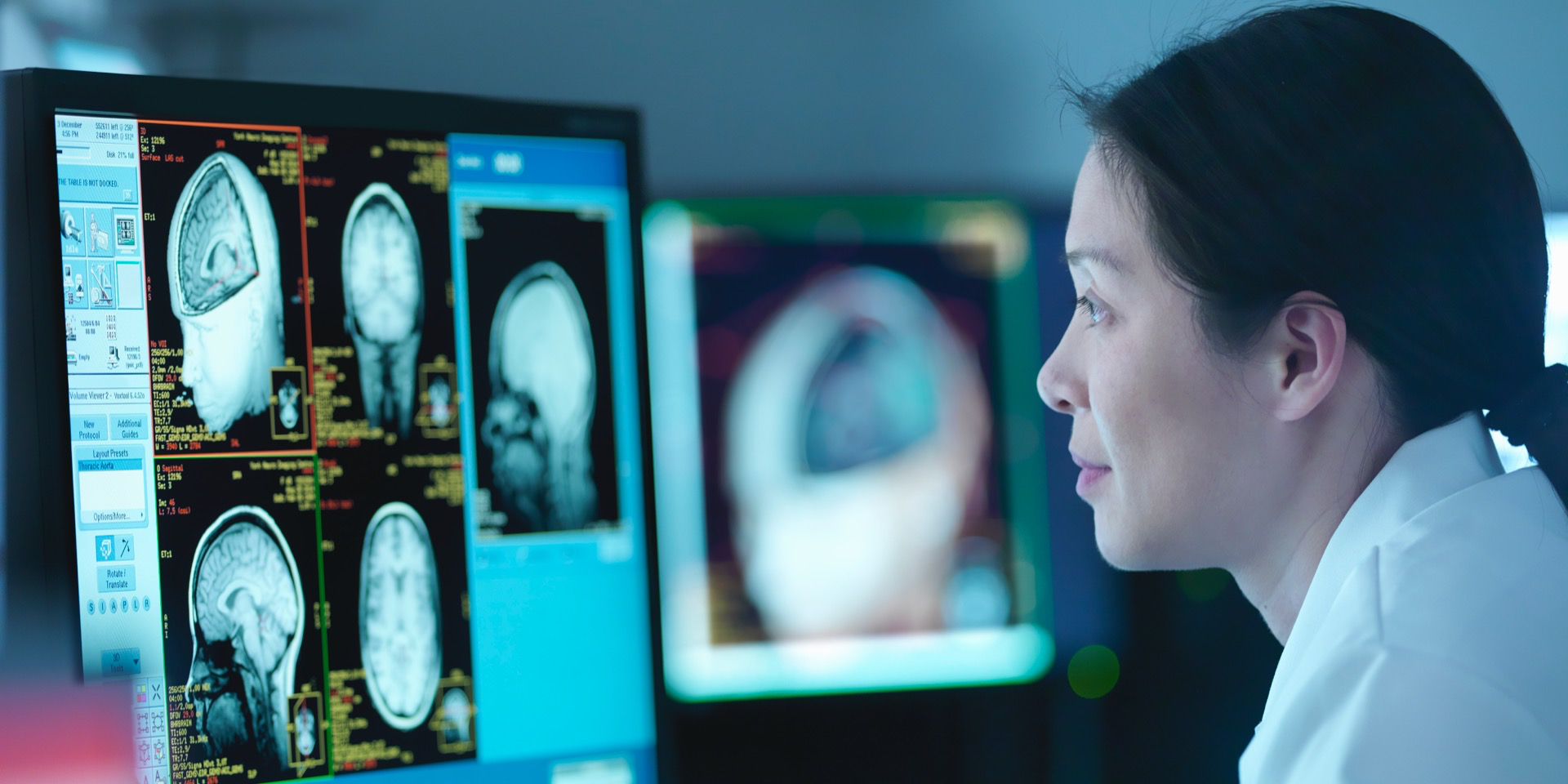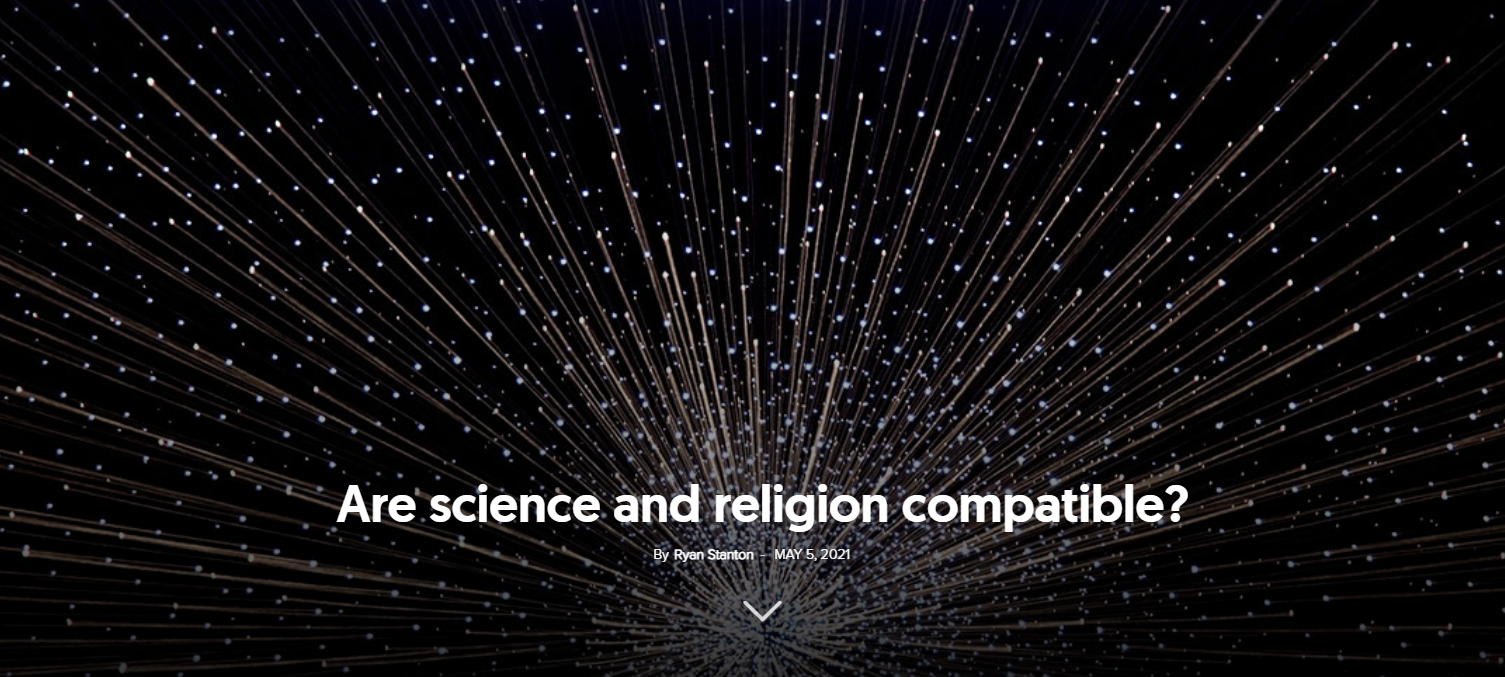“Strange as it sounds, scientists still do not know the answers to some of the most basic questions about how life on Earth evolved. Take eyes, for instance. Where do they come from, exactly?” These are the words with which an extensive article published by The Guardian in June 2022 begins.
When used to explain the emergence of the eye, the theory of natural selection (the core component of evolutionism) is “absurdly crude and misleading. For one thing, it starts midway through the story, taking for granted the existence of light-sensitive cells, lenses and irises, without explaining where they came from in the first place. Nor does it adequately explain how such delicate and easily disrupted components meshed together to form a single organ. And it isn’t just eyes that the traditional theory struggles with. ‘The first eye, the first wing, the first placenta. How they emerge… we still do not have a good answer. This classic idea of gradual change, one happy accident at a time, has so far fallen flat.'”
The article provides a history of the development of evolutionary thought and the quest of biological scientists to agree on the most comprehensive explanation (single theory) of evolution—which is supposed to explain how all life on Earth developed from a first molecule—and ends with a tentative suggestion that perhaps a single theory neither exists nor should be sought.
In addition to the informative summary, what is educational for the casual reader is the honest tone of the article, which shows the successive paradigm shifts in biology and the resulting disputes, the depth of which the author compares to that of theological schisms. Biology, too, is a battleground of interpretations.
Therefore, although Christians have no reason to turn away from science, but, on the contrary, to encourage and support the development of scientific knowledge, it is important to stress that in the area of grand theories (unifying or not) in the field of origin science, it is necessary and worthwhile to remain constantly cautious. The extremely important questions in the field are far from being clarified, and the repeated changes in the scientific paradigm help us to understand that no one should bet all their convictions on the truth value of some contemporary theories about the evolution of life on Earth.
Moreover, as various Christian scientists point out, as long as origin science operates within a naturalistic paradigm, which excludes the possibility of God’s interactions with the natural world, all the theories put forward may lack the decisive detail to acquire the comprehensive explanatory power sought. In short, if God exists and interacts with the world, how could any comprehensive theory that excludes Him from the outset be absolutely true?
Norel Iacob is the editor-in-chief of Signs of the Times Romania and ST Network.




















